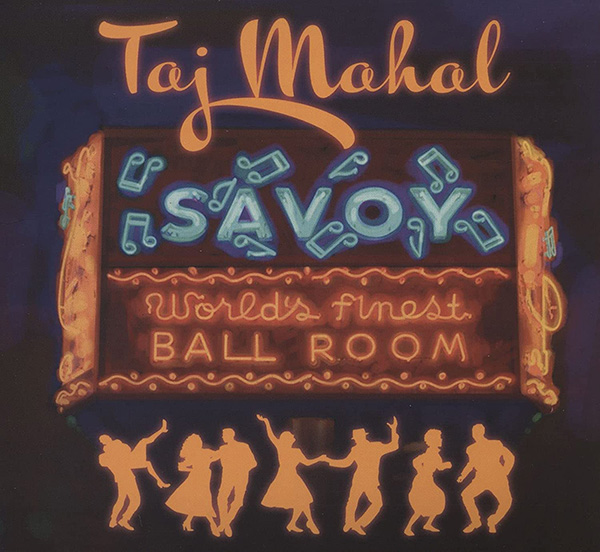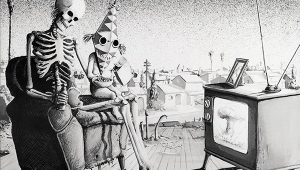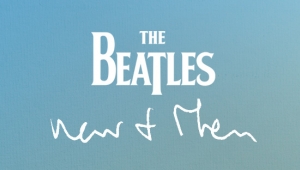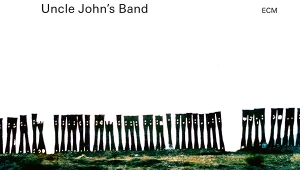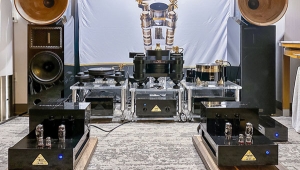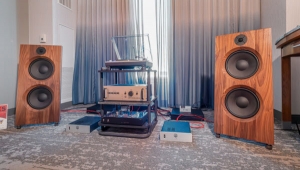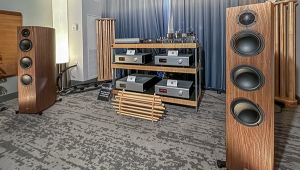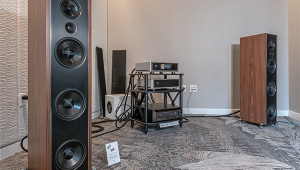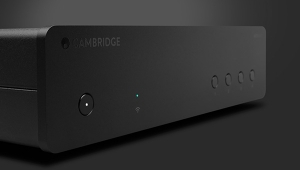| Columns Retired Columns & Blogs |
I am on my 4th complete listen and on the 4th I took notes. Since I am not a composer or classically trained take my comments for what they are worth as a pedestrian.
I have found this a mixed bag, with disconnections between the band and the piano parts. There is no doubt this is a complex piece and if you are looking at simplistic themes you many not find any that will last any length of time. That may not be a bad thing if you are a fan of complex compositions.
Unlike "Kind of Blue" that has the tracks start with simple themes, the complexity in "Blue" comes from the solos of Adderley and Coltrane. In Molto the complexity is from the get-go yet the tempos are firm and the band is very tight and I often felt that there were two roads taken but the players could still see and hear each other as they developed the music.
It may take a few more listens for me to fully understand each track, but I, as just a listener, and not a real musician, may not get there; Which is OK. This music for probably for a sophisticated musical mind.
The recording is superb, clear, and full range and you will feel like you are in the room with good gear. I have found I have enjoyed it more on headphones to keep the left and right channel perspectives totally intact.
Having to work to get a piece is not a bad thing, it just means I have to work harder. No one said ever that music has to be easy. The better the sound and recording engineering is, I am will to take on that task. This is closer to 5 out of 5 engineering wise than 4 out of 5. That means a lot these days.



